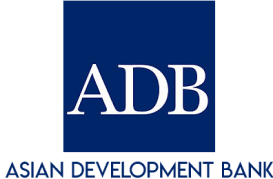
Asian Development Bank
Since its founding in 1966, ADB has been driven by an inspiration and dedication to improving people’s lives in Asia and the Pacific. By targeting our investments wisely, in partnership with our developing member countries and other stakeholders, we can alleviate poverty and help create a world in which everyone can share in the benefits of sustained and inclusive growth. Whether it be through investment in infrastructure, health care services, financial and public administration systems, or helping nations prepare for the impact of climate change or better manage their natural resources, ADB is committed to helping developing member countries evolve into thriving, modern economies that are well integrated with each other and the world. The main devices for assistance are loans, grants, policy dialogue, technical assistance and equity investments. We are at the forefront of development thinking and practice, spreading information through regional forums, a growing online presence and the publication of specialized papers, serials and books. Economists, sociologists, engineers, gender experts and environmental scientists are amongst the hundreds of professions at the bank working together to reduce poverty, and ensure growth across the Asia and Pacific region is sustainable and inclusive.
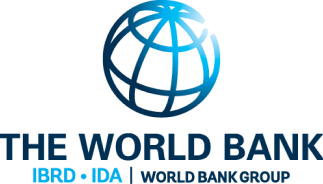
International Bank for Reconstruction and Development
The International Bank for Reconstruction and Development (IBRD) is an international financial institution that offers loans to middle-income developing countries. The IBRD is the first of five member institutions that compose the World Bank Group and is headquartered in Washington, D.C., United States. It was established in 1944 with the mission of financing the reconstruction of European nations devastated by World War II. The IBRD and its concessional lending arm, the International Development Association, are collectively known as the World Bank as they share the same leadership and staff.[1][2][3] Following the reconstruction of Europe, the Bank's mandate expanded to advancing worldwide economic development and eradicating poverty. The IBRD provides commercial-grade or concessional financing to sovereign states to fund projects that seek to improve transportation and infrastructure, education, domestic policy, environmental consciousness, energy investments, healthcare, access to food and potable water, and access to improved sanitation.
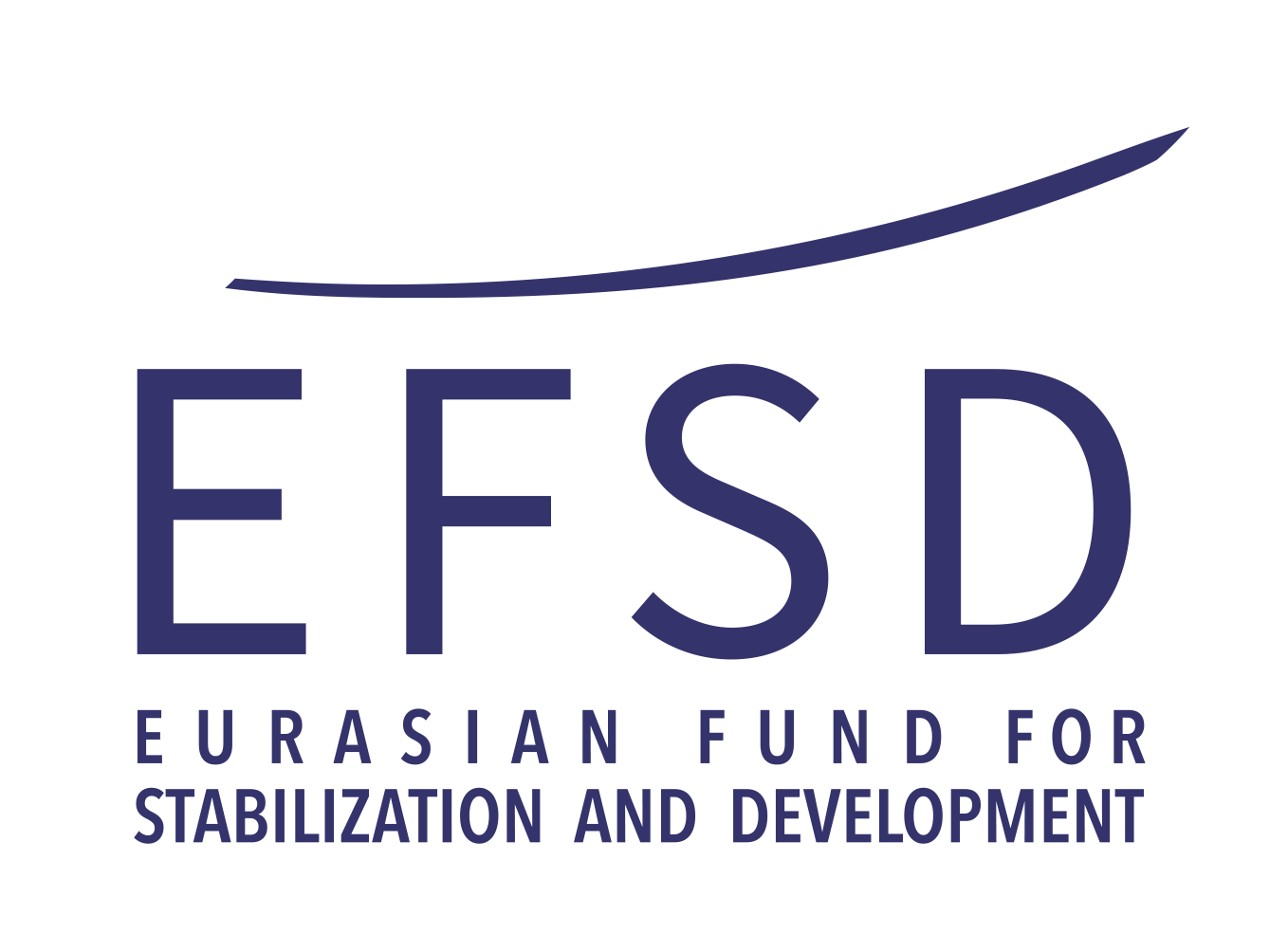
Евразийский фонд стабилизации и развития
Евразийский фонд стабилизации и развития (ЕФСР) – часть глобальной сети финансовой безопасности. Фонд создан для обеспечения долгосрочной устойчивости и развития экономик государств — участников. Он был учрежден в 2009 году Арменией, Беларусью, Казахстаном, Кыргызстаном, Россией и Таджикистаном.
Объем Фонда превышает 9 млрд долл. США.
ЕФСР оказывает содействие путем предоставления грантов, суверенного и инвестиционного финансирования.
Портфель Евразийского фонда стабилизации и развития в Республике Армения включает более 10 проектов на сумму, превышающую 500 млн долл. США.
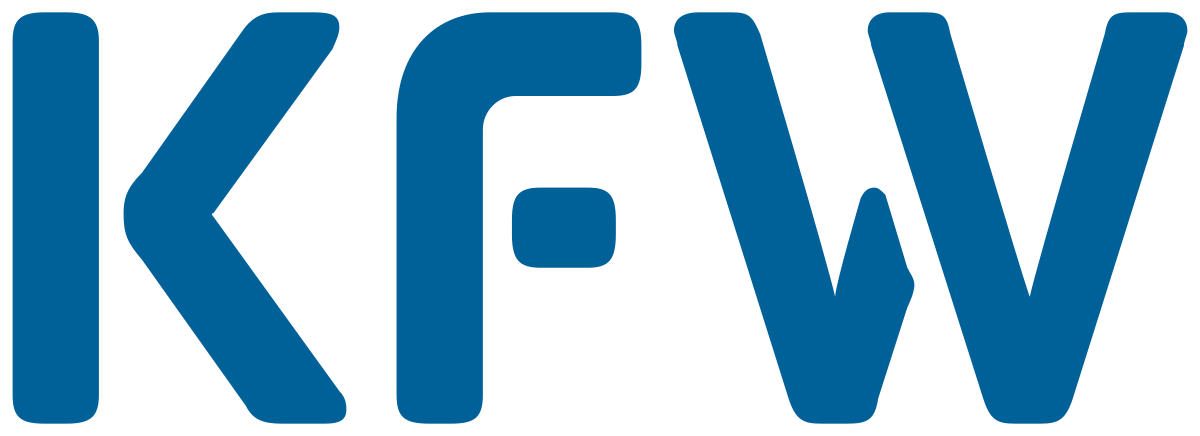
Немецкий банк кредитов на реконструкцию(KFW)
Немецкий банк кредитов на реконструкцию (KFW) разрабатывает и реализует в различных странах программы помощи, направленные на устойчивое развитие. KfW был основан в 1948 году в рамках программы восстановления Германии после Второй мировой войны и с тех пор стал одним из крупнейших и наиболее влиятельных банков развития в мире.
В Армении KfW также ведет активную деятельность и участвует в реализации различных проектов, направленных на развитие экономики, в частности инфраструктуры, образования, здравоохранения и других отраслей.
KfW в Армении оказывает финансовую поддержку модернизации водной и энергетической инфраструктуры, повышения энергоэффективности, развития малого и среднего бизнеса и других проектов посредством кредитования или гарантирования инвестиций.
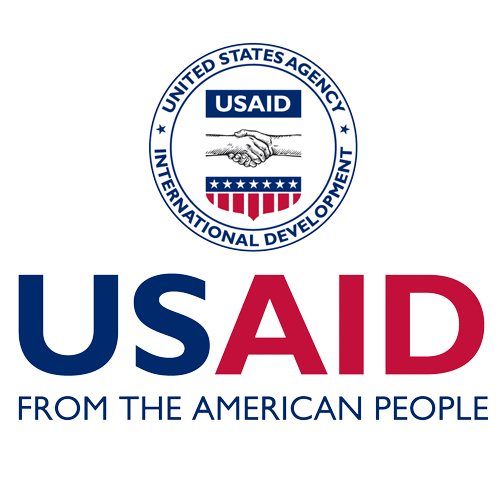
United States Agency for International Development
Our Mission: We partner to end extreme poverty and to promote resilient, democratic societies while advancing our security and prosperity. USAID’s mission statement highlights two complementary and intrinsically linked goals: ending extreme poverty and promoting the development of resilient, democratic societies that are able to realize their potential. We fundamentally believe that ending extreme poverty requires enabling inclusive, sustainable growth; promoting free, peaceful, and self-reliant societies with effective, legitimate governments; building human capital and creating social safety nets that reach the poorest and most vulnerable. Our focus on poverty does not end when someone crosses the official threshold for extreme poverty to earn $1.90/day. Poverty alleviation also extends to those with higher incomes who nonetheless remain severely poor. Poverty is multi-dimensional, requiring an approach to address hunger and food insecurity, illiteracy and innumeracy, ill-health, dis-empowerment, marginalization and vulnerability. Our Feed the Future, Global Health, Global Climate Change, and Power Africa initiatives target symptoms of and pathways out of poverty. USAID’s work on education is already reaching millions in extreme poverty. Similarly, our cross-cutting efforts in promoting democracy, rights and good governance, empowering women and girls, advancing prosperity, building resilient societies, and mitigating climate change are all essential to ending poverty.
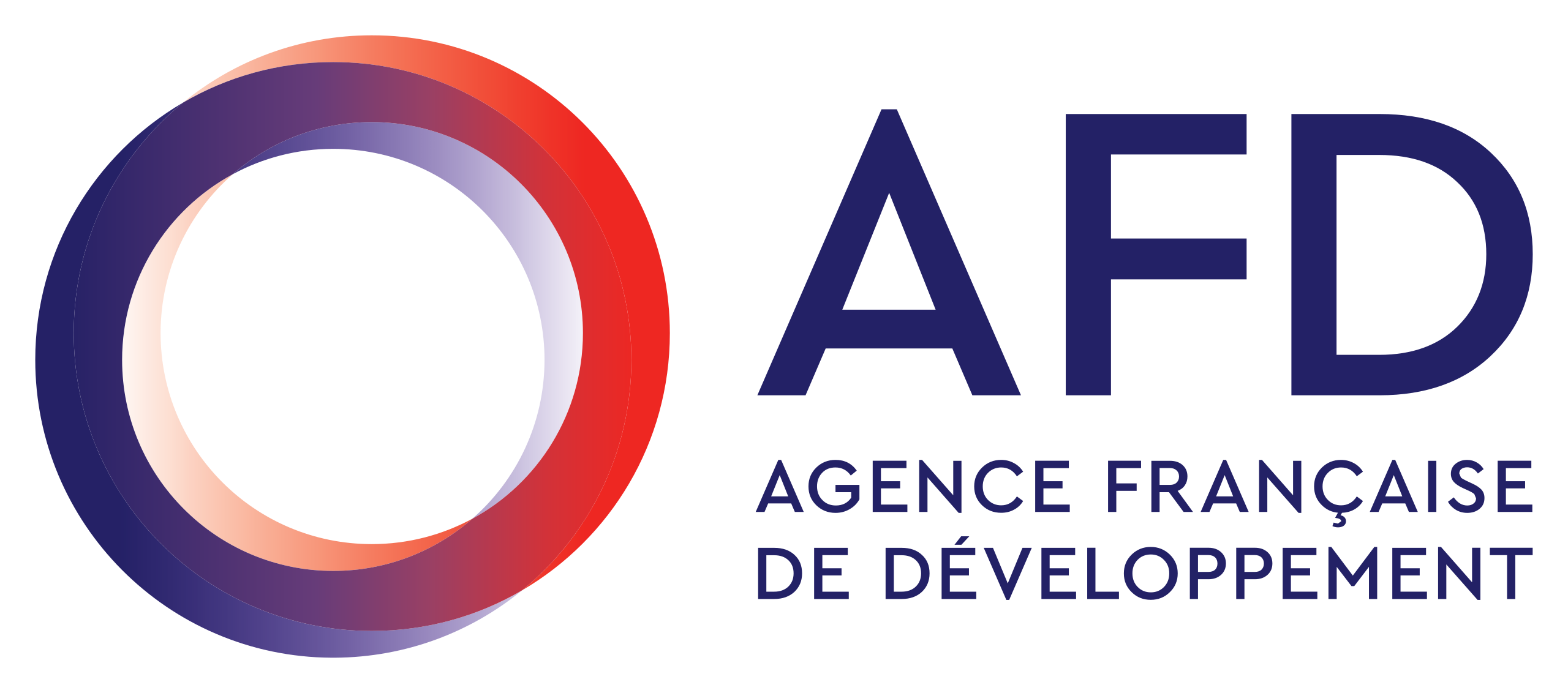
Французское агентство развития (AFD)
Французское агентство развития (AFD) было создано в 1941 году и с тех пор играет ключевую роль в международной помощи и сотрудничестве Франции. Агентство оказывает финансовую и техническую помощь развивающимся странам.
АДФ играет важную роль в развитии Армении, уделяя особое внимание различным направлениям экономического и социального развития, активно участвует в финансировании инфраструктурных проектов страны, в том числе дорог, водоснабжения и водоотведения, строительства и модернизации энергосистем, строительства водохранилищ. Эти инвестиции направлены на повышение уровня жизни населения и содействие экономическому росту.
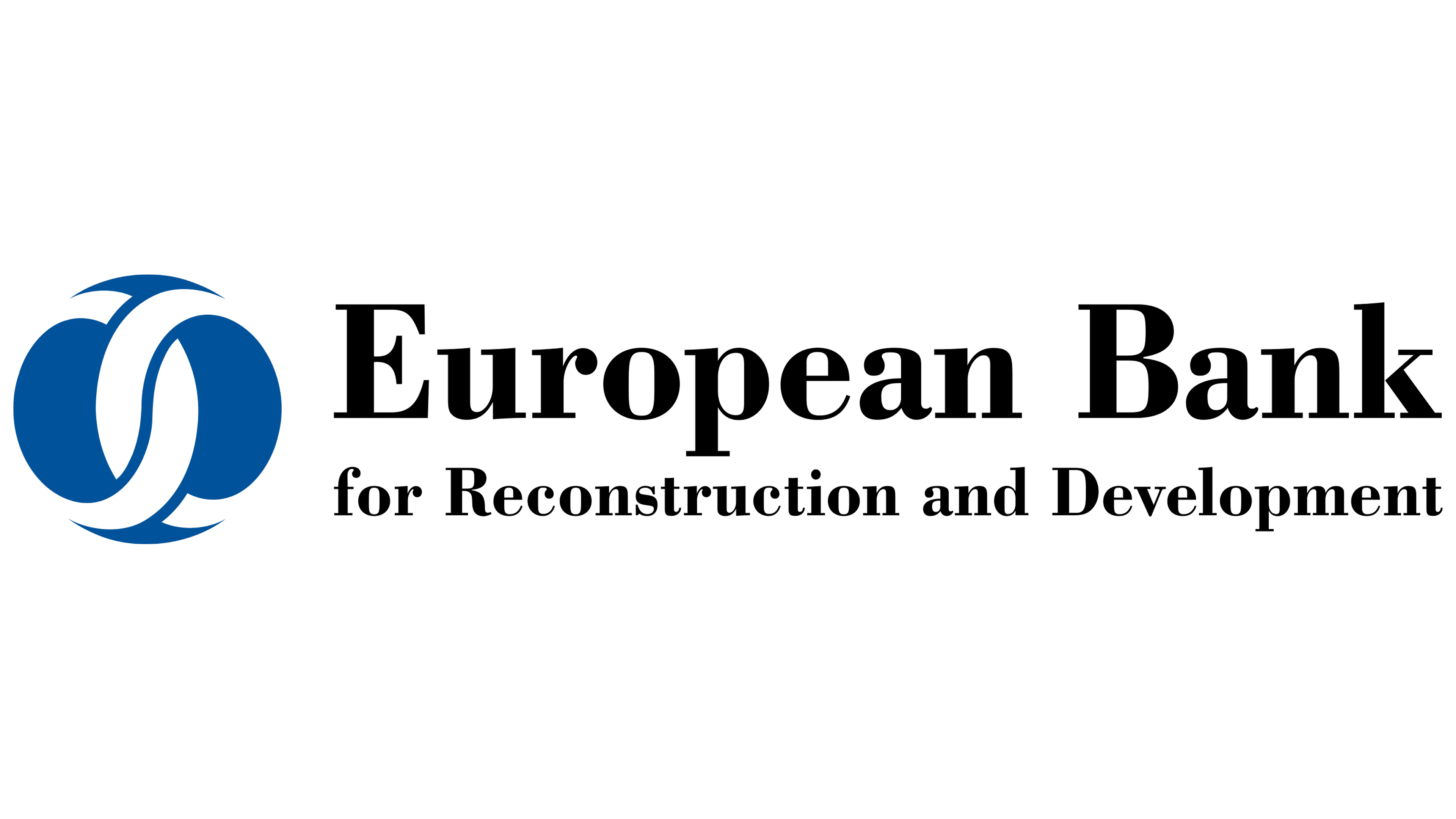
Европейский банк реконструкции и развития (ЕБРР)
Европейский банк реконструкции и развития (ЕБРР) был создан в 1991 году после распада Советского Союза и коммунистических режимов в Центральной и Восточной Европе, для оказания помощи странам в переходе к рыночной экономике.
ЕБРР имеет 30 стран-членов, от Центральной Европы до Центральной Азии, Армения присоединилась к нему в 1992 году.
В Армении ЕБРР активно участвует в программах поддержки устойчивого экономического развития и социального прогресса, инфраструктурных проектах, способствующих развитию бизнеса в стране, повышению конкурентоспособности и созданию новых рабочих мест.
ЕБРР также поддерживает развитие финансового сектора Армении, решение экологических проблем, а также финансирует проекты по развитию водных ресурсов, энергосбережения и возобновляемых источников энергии.
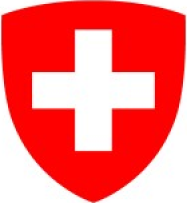
Swiss Agency for Development and Cooperation (SDC)
The Swiss Agency for Development and Cooperation (SDC) is Switzerland’s international cooperation agency within the Federal Department of Foreign Affairs (FDFA). In operating with other federal offices concerned, SDC is responsible for the overall coordination of development activities and cooperation with Eastern Europe, as well as for the humanitarian aid delivered by the Swiss Confederation. The goal of development cooperation is that of reducing poverty. It is meant to foster economic self-reliance and state autonomy, to contribute to the improvement of production conditions, to help in finding solutions to environmental problems, and to provide better access to education and basic healthcare services.